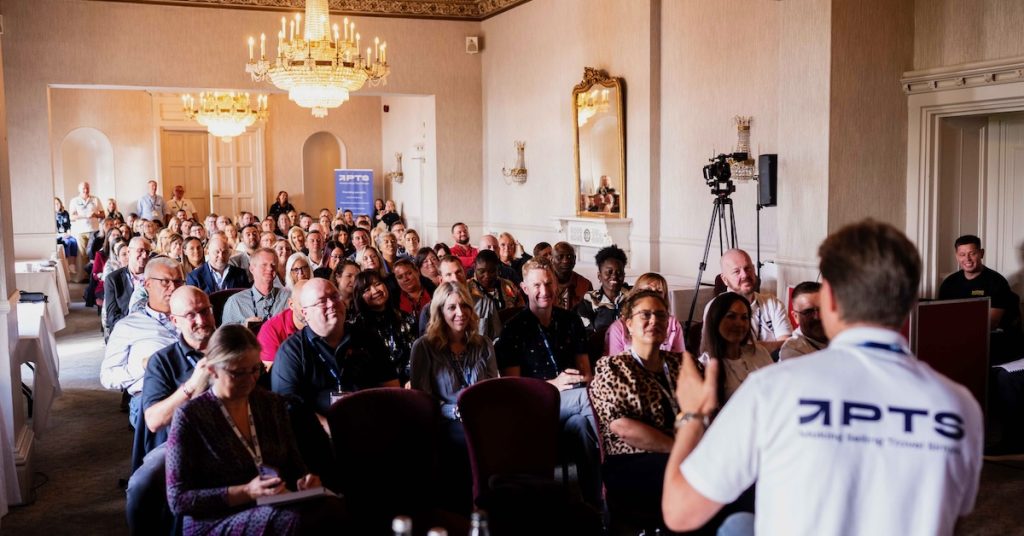Protected Trust Services (PTS) is actively reshaping its technological strategy by establishing an in-house team. This move reflects a broader effort to integrate and enhance their operational capacities from within.
As technology becomes a cornerstone of business operations, PTS’s decision to invest significantly in software development marks a crucial step forward. This approach aligns with the company’s commitment to improve service delivery and customer satisfaction.
Introduction of In-house Technology Team
Protected Trust Services (PTS) has strategically integrated its technology operations by bringing the tech team in-house. Previously, PTS outsourced these operations overseas, but now they have centralised them at their Bournemouth headquarters. This shift is led by Chief Technology Officer John Attreed and signifies a major change in how they approach technology internally.
At the core of this transition is an ambition to enhance customer service. Chief Executive Daniel Landen highlighted the necessity of this move at the company’s inaugural conference in Warwickshire. He recognised the complexities involved in technology development, particularly in working with developers. Yet, he affirmed that bringing the team in-house was a logical and beneficial step.
Commitment to Software Investments
PTS is committed to significantly investing in software development. Their goal is to create a unified platform that is intuitive and user-friendly. Landen expressed this during his address, indicating a demanding but rewarding process. Over the past six months, PTS has navigated numerous challenges to reach this point of transformation.
By focusing on internal development, PTS aims to streamline operations. The vision is to get the tech right alongside ensuring top-notch service. The commitment extends beyond just technology; it is about bolstering the overall service experience offered to clients and members.
Role of Technology in the Travel Industry
In the travel business, technology’s role is pivotal but not always the first attraction for clients. Landen noted that while technology is crucial, people opt for travel experiences over tech solutions. Therefore, PTS aims to maintain a balance between having advanced technology and offering a personable service.
Emma Collis, the Executive Director, elaborated that PTS is very focused on reducing administrative burdens. The intent is to let members enjoy less bureaucracy and more efficient processes. The technological initiatives aim to liberate and simplify workflows for travel industry professionals.
The advancements driven by PTS are aimed at marrying technology’s promise to the joys of travel. It is not simply about deploying sophisticated systems but ensuring these systems enhance the client experience and simplify business operations.
Addressing Fraud and Security Concerns
Fraud prevention remains a priority for PTS. The organisation employs rigorous checks to vet new members and continuously monitors for potential fraudulent activities. Landen explained to the conference attendees that even meticulous application processes sometimes miss fraudulent intentions.
Despite challenges, PTS steadfastly retains its operational model. This decision is vital in allowing legitimate activities to thrive without undue disruptions. The focus remains on fostering an environment where both trust and business growth can coexist. PTS views this as vital to maintaining business integrity.
The need to address fraud decisively does not overshadow PTS’s commitment to its members. By upholding their operational model, the organisation ensures that the honest majority can trade effectively and confidently in the travel market.
Future Plans and Member Initiatives
Looking ahead, PTS is exploring new initiatives to increase collaboration among its members. This includes compiling a directory of member companies, facilitating easier interactions, and encouraging the use of services within the network. This directory aims to foster a cooperative spirit and mutual growth.
Future plans also include the hosting of VAT workshops designed to equip members with vital knowledge on tax matters. Such workshops are part of PTS’s efforts to provide comprehensive support to their community. These workshops are intended to be informative and pragmatic, helping members navigate complex financial landscapes.
Additionally, PTS is dedicated to community service. At the recent conference, attendees collectively raised £4,270 for Julia’s House, a children’s hospice in Dorset and Wiltshire. PTS matched this amount, demonstrating their commitment to social responsibility and community engagement.
Enhancing Operational Model for Members
PTS’s operational model is designed to accommodate the dynamic needs of its members while ensuring the security and reliability of services. This model allows members to concentrate on business aspects that matter most without being bogged down by technological or administrative hurdles. The emphasis is on freedom and efficiency for business operations.
An essential aspect of this model is PTS’s commitment to maintaining open dialogues with its members. This includes ongoing feedback loops to ensure the evolving needs and challenges of the members are adequately addressed. It’s a continuous, collaborative process aimed at mutual success.
Community and Engagement
PTS holds community engagement and social responsibility in high regard. Initiatives like charity donations demonstrate their dedication to contributing positively to society. Such efforts reinforce PTS’s role not just as a service provider but as a partner and ally to the community.
PTS’s strategic in-house transition points to a future where technology and service excellence are interwoven. With a strong focus on investment and community, PTS is setting high standards in the travel sector.
The initiatives reflect a comprehensive approach to innovation and responsibility, indicating that PTS is keen on maintaining a strong partnership with its members while embracing modern technological advancements.

